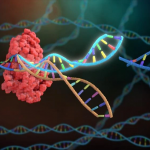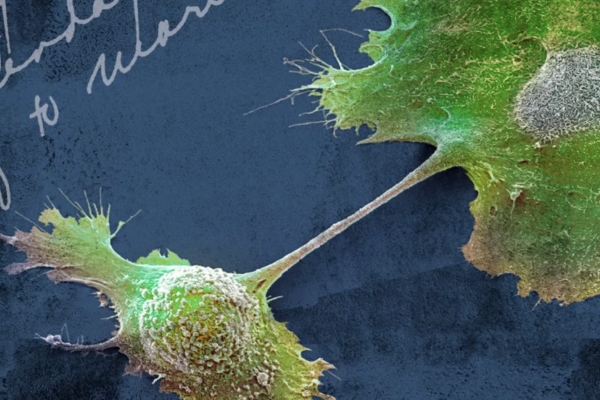by: Mark Houdi
Early exposure is almost always a good thing, but no one really considered said approach with allergies until now. A recent study has shown a significant reduction in peanut and egg allergies specifically by the use of early exposure. Using a special derivative of peanut butter as a substitute at an early age can reduce the strength of the allergen over time. By the time a child is only five years of age they may experience no effects from peanut exposure at all.
Hello, Peanut is a powdered peanut product created by a physician that is diluted with oats depending on the severity of the allergy and mixed with pureed baby food at low quantities over time. The packet contains roughly 200 milligrams of the powder which is less than an entire peanut. It is mixed with food for infants starting around five months of age and the amount of exposure increases slowly over time.
The National Institute of Health in cooperation with several other health agencies approved a study’s claim on new methods to reduce egg-related allergies, specifically on peanuts. The study was conducted on 600 infants between four months and ten, finding that by the age of five years old over 80% of them had no allergic reaction at all. By the time the infants turned five 1.9% were still prone to allergic reactions compared to the normal 13.7% rate with no early peanut exposure. The evidence was outstanding enough to essentially reverse the scientific community’s long-time advice on allergy prevention. The National Institute of Health recommends “that infants with severe eczema, egg allergy, or both have the introduction of age-appropriate peanut-containing food as early as 4 to 6 months of age to reduce the risk of peanut allergy,” and with more mild allergies even more lax exposure to peanut butter.
Since Hello, Peanut is a fairly expensive product the other recommended way to treat the allergy is to mix peanut butter with warm water to dilute it and to eat it like soup. The important idea is to have low initial exposure until tolerance builds up enough to a typical level for no allergic reaction. Since treatment is easily accessible the future of allergies is changing quickly and more studies are underway.
The methodology behind the tolerance build-up for peanut allergies can be applied to certain fish allergies and even eczema. This new reversal of old guidelines completely changed the scientific community’s perspective on allergies and has pushed a wide range of studies underway. Although this new idea does not help a select few individuals with lifelong allergies this is now where scientists are focusing their efforts, hopefully coming with more innovative news soon.







